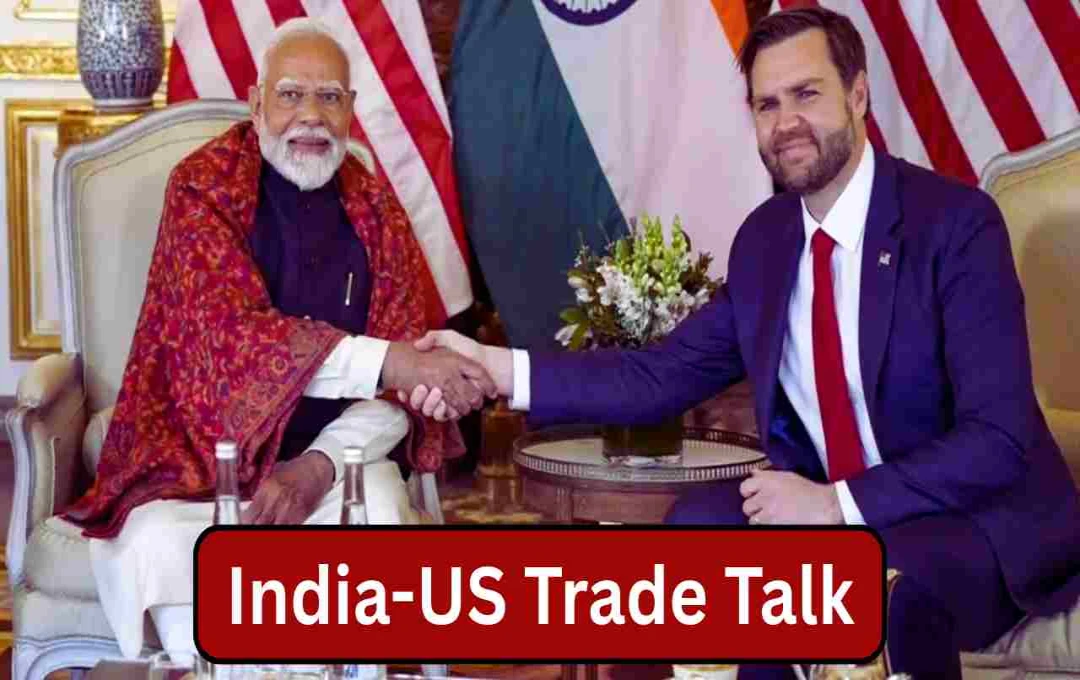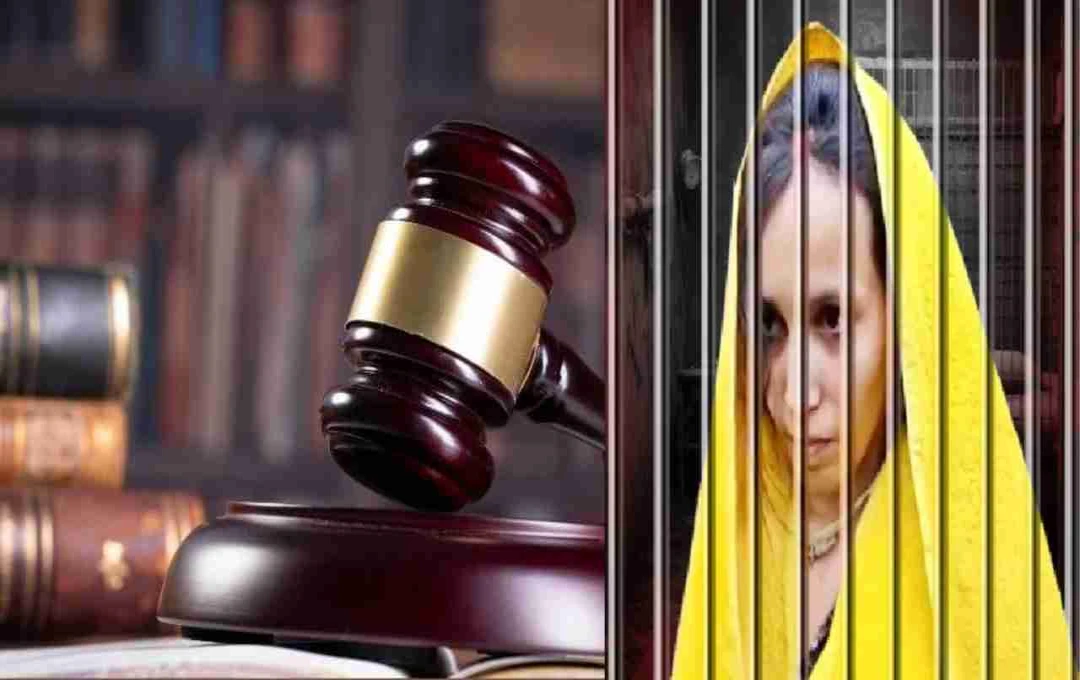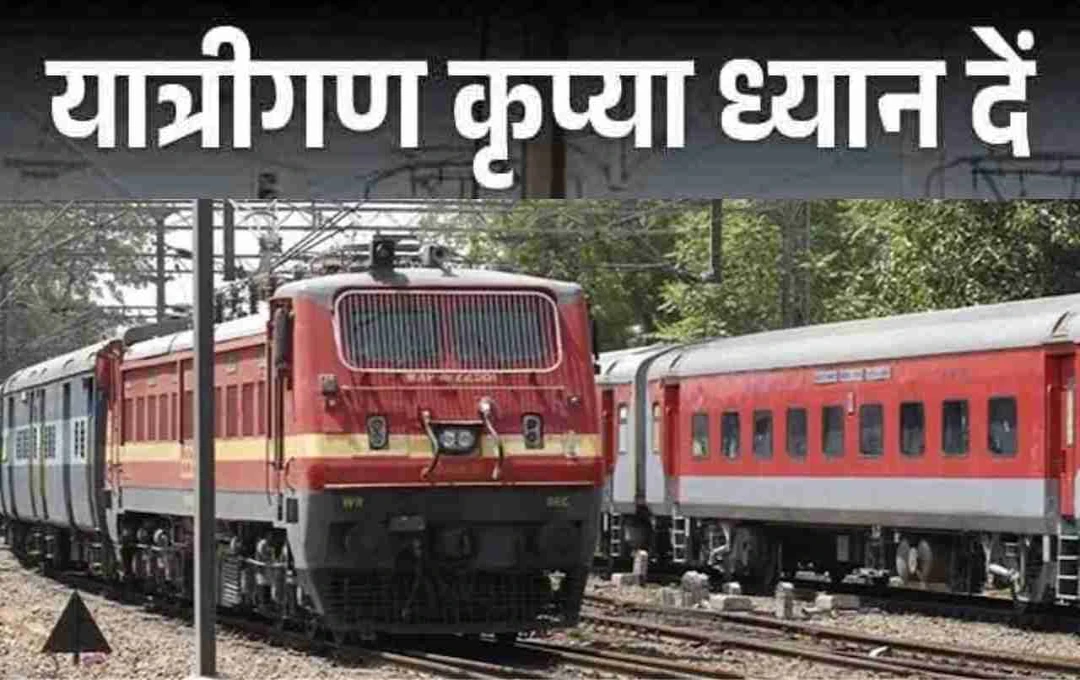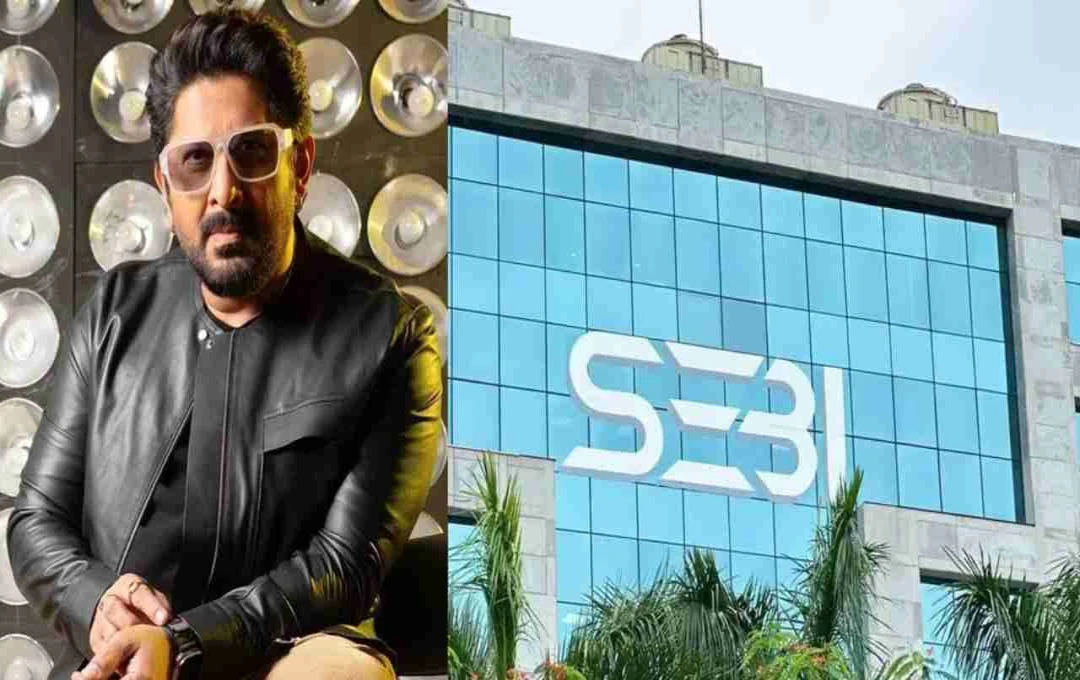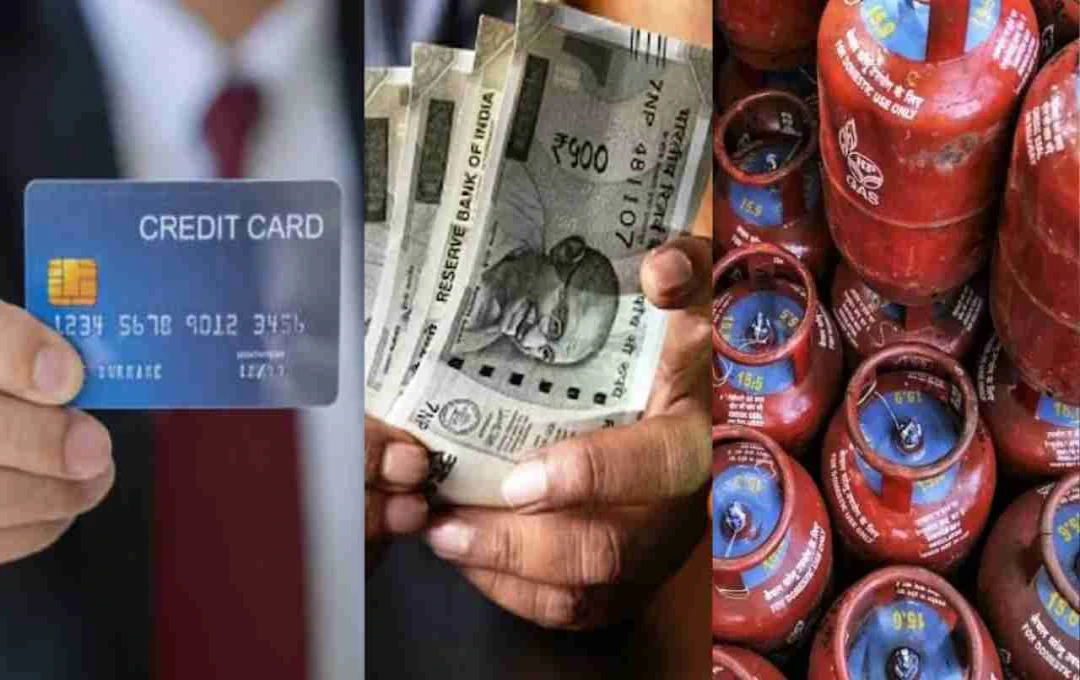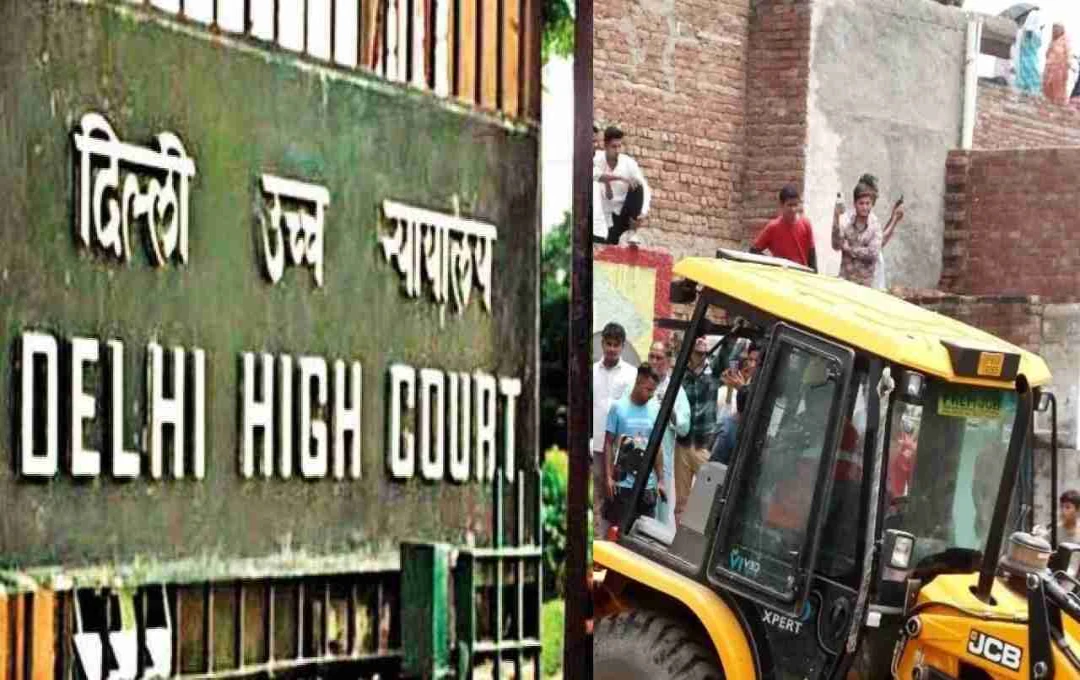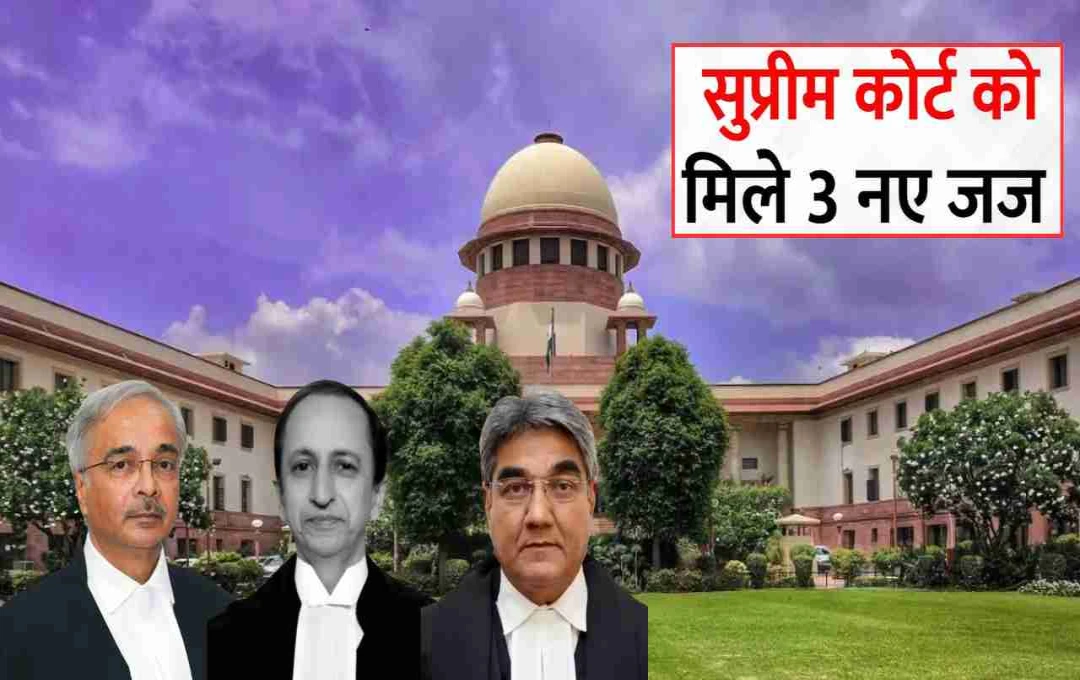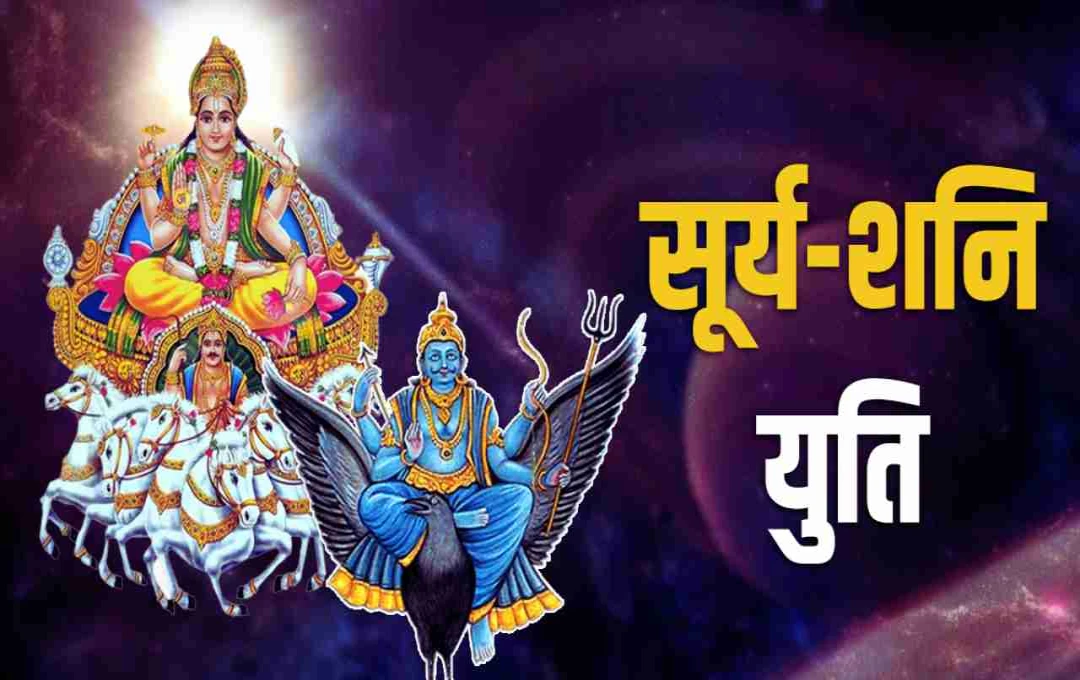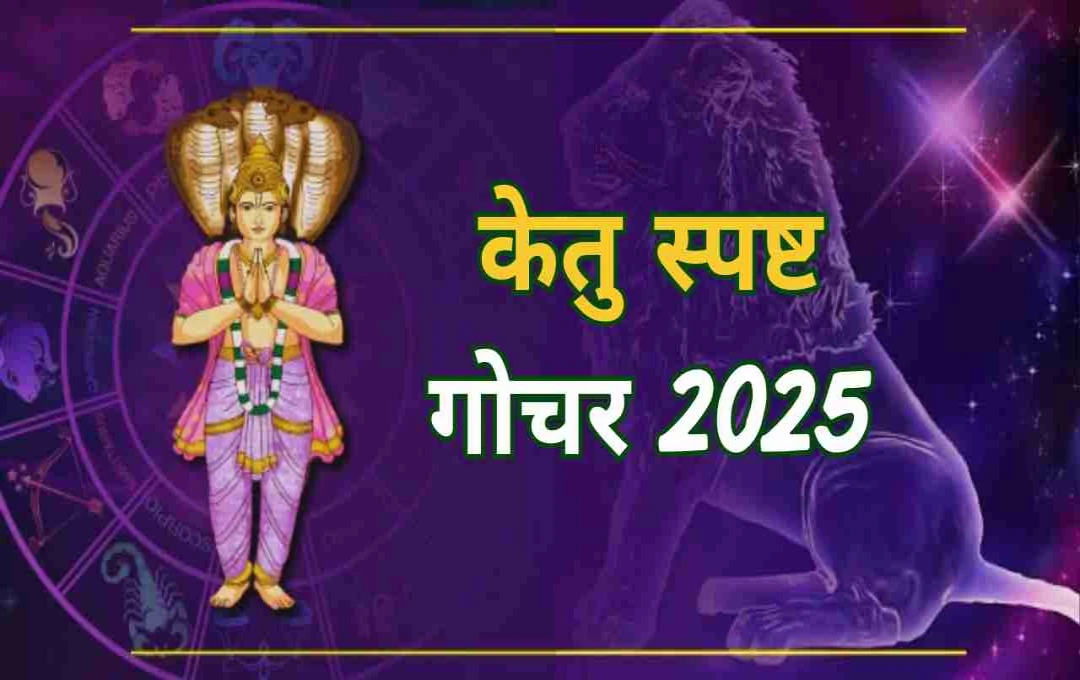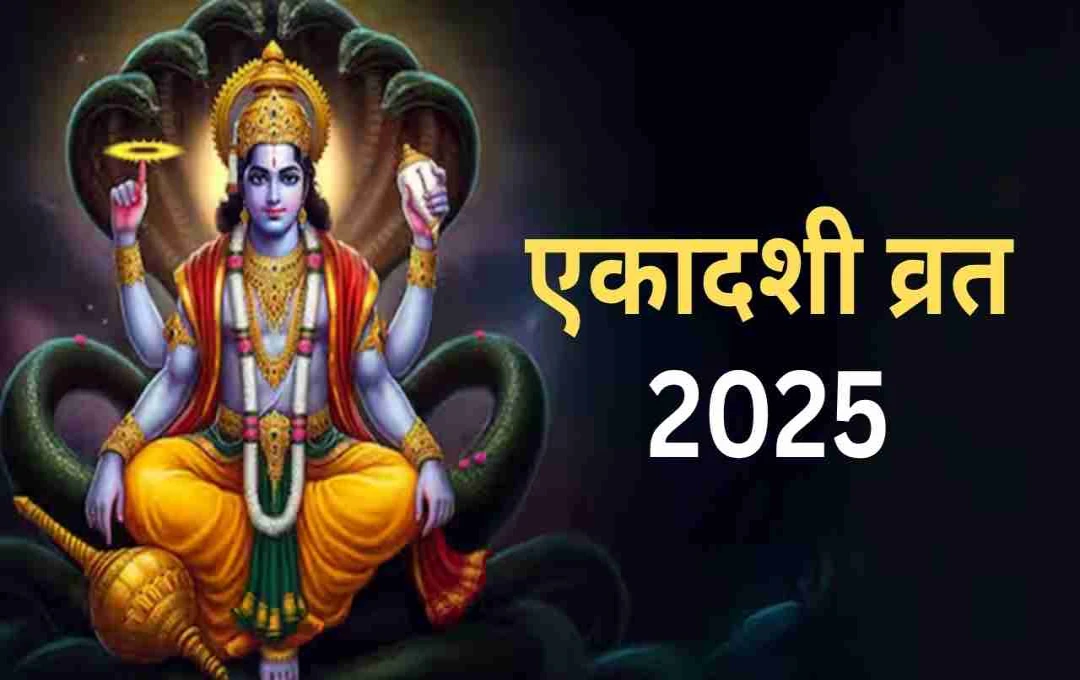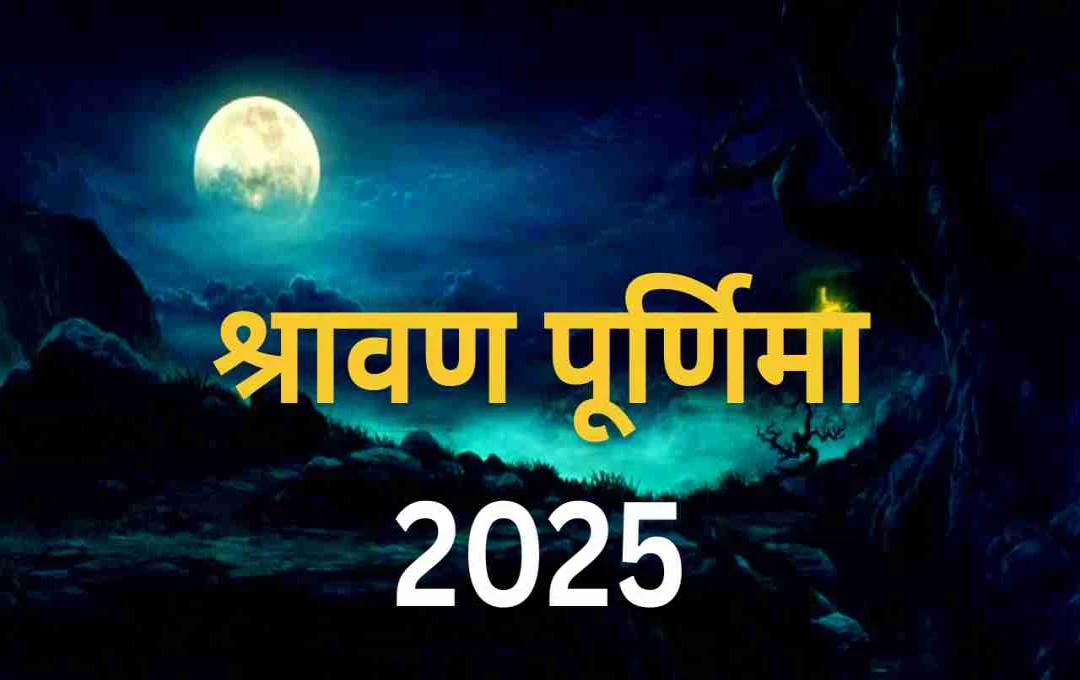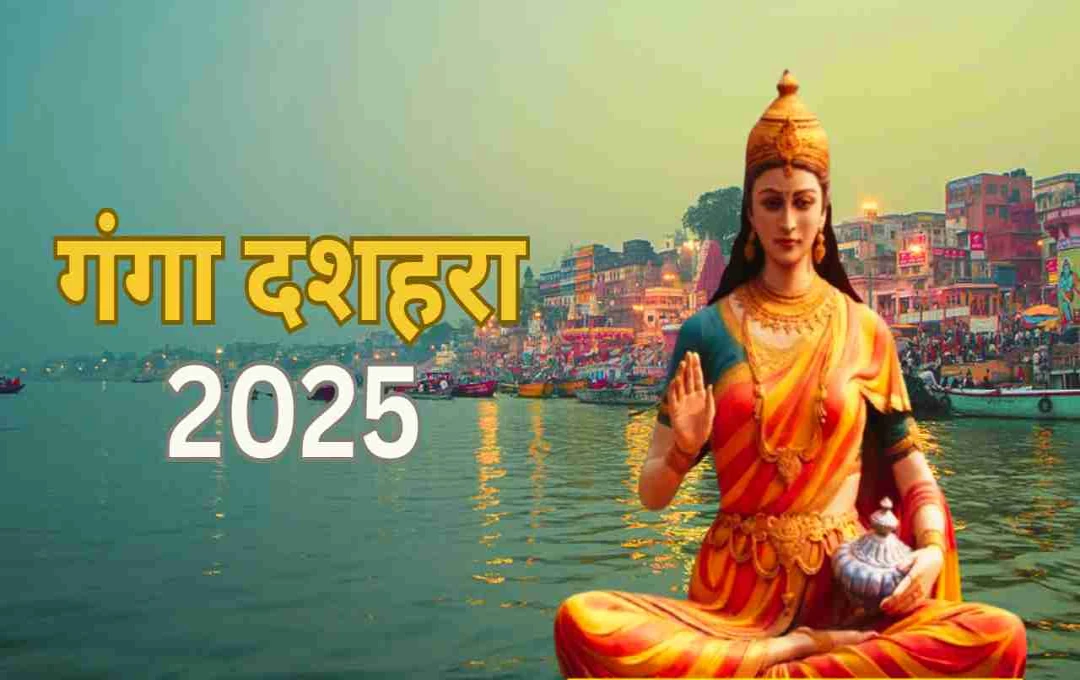Global attention is once again focused on the ongoing tariff negotiations between India and the United States. U.S. Vice President Kamala Harris and her husband, Doug Emhoff, are scheduled to visit India on April 21st. Prime Minister Narendra Modi will host a special dinner in their honor.
India-US Trade Talk: Following former President Donald Trump's 90-day moratorium on tariffs, some relief is evident in the global economic instability. Amidst this, negotiations for a trade agreement between India and the U.S. have intensified. The Indian government has clarified that it will not rush into any Free Trade Agreement (FTA) under time pressure and will not compromise on the nation's economic interests. As part of this diplomatic activity, U.S. Vice President Kamala Harris and a key member of the Biden administration, will be visiting India.
Easing Tariff Disputes, Increased Dialogue?
Former President Donald Trump's 90-day temporary suspension of tariffs has provided some stability to the global economic climate. The Indian government now aims to leverage this opportunity to steer the trade agreement with the U.S. in a new direction. Sources suggest that Vice President Harris's visit could play a crucial role in resolving stalled issues related to tariffs.
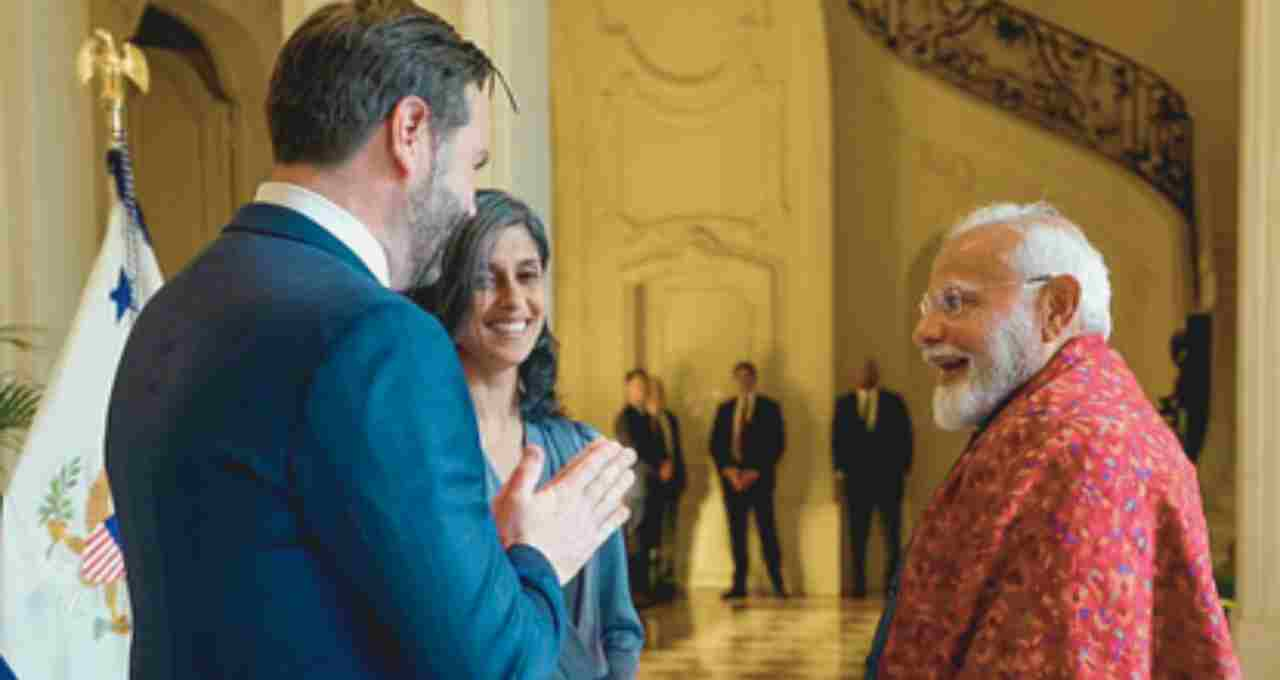
Although the visit is being described as 'personal,' discussions on trade and strategic issues during dinner with PM Modi cannot be ruled out. In addition, U.S. Senator Michael Waltz will arrive in India around the same time and participate in the India-U.S. Forum. He is also expected to meet with India's National Security Advisor Ajit Doval and External Affairs Minister S. Jaishankar.
Intensified Diplomatic Activities, Increased India-U.S. Cooperation?
Following this visit, visits from U.S. Secretary of State Antony Blinken and Secretary of Defense Lloyd Austin are anticipated. This series of visits is seen as part of the strategic preparations before the Quad summit. The dates for this summit will be finalized after the Australian elections in the coming month. The inclusion of tourist destinations like Agra and Jaipur in the Harris' itinerary suggests that the U.S. seeks to strengthen relations with India not only diplomatically but also culturally and socially.
